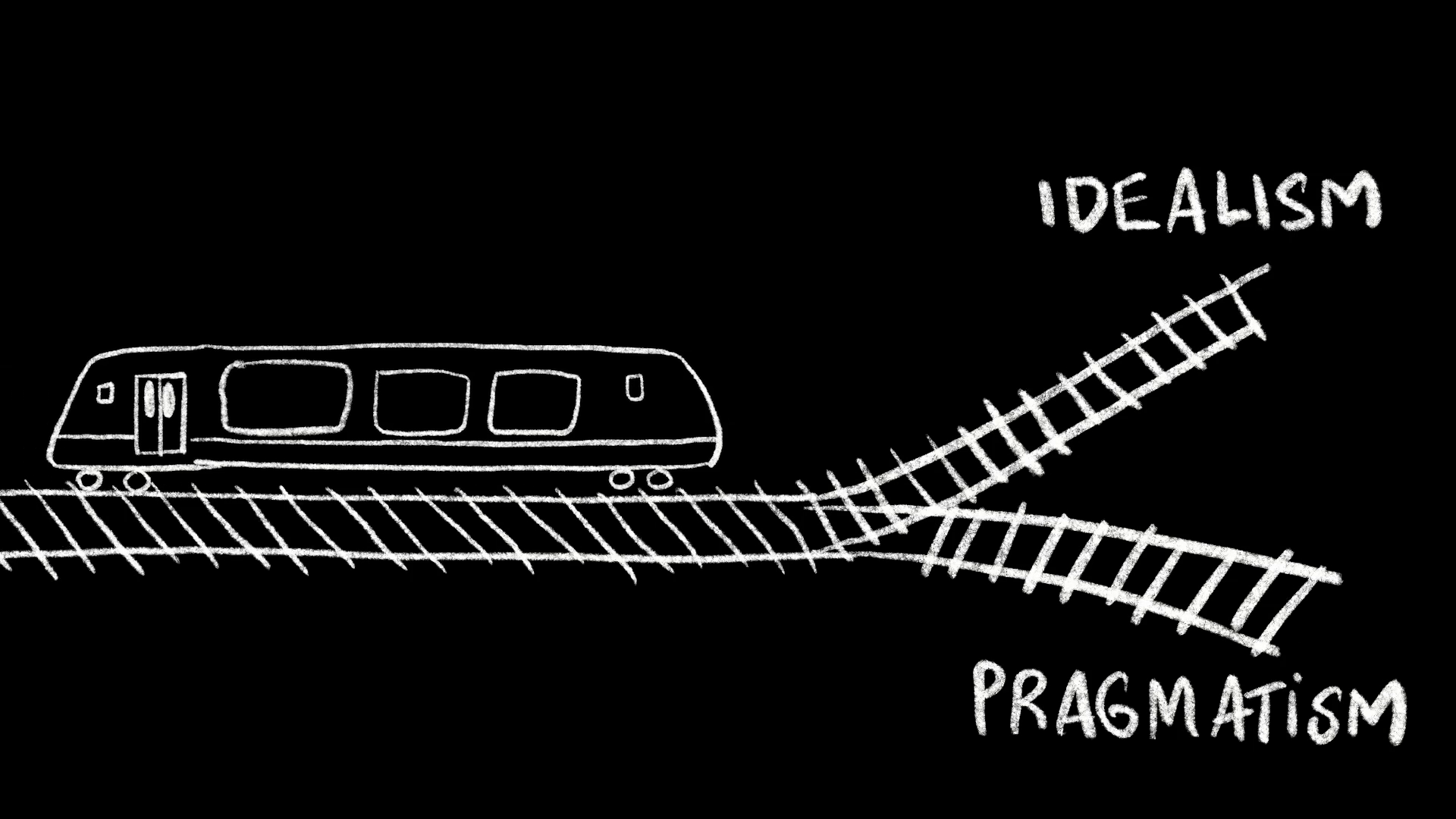
Part 06 – Research like a business
There are more similarities between starting a research group and starting a small business then I would have imagined before becoming a PI.
The video of this episode is basically raising the question: How much is being a scientist and running a research group as idealistic as we might have imagined as students and how much do non-scientific decisions and tasks play a role? And further: Does a PI have to be a cold-hearted business strategist or is there still room for idealistic ideas, which were born entirely out of curiosity for new scientific discovery?
Before starting my own research group, I always assumed that doing science is fundamentally different from working in the private industry. Some aspects definitely are different (and some of them are probably the reason why we chose this path), but there are more similarities between starting a research group and starting a small business then I would have imagined before becoming a PI. There is actually a very nice article about this topic by Peter Fiske in Science, where he compares the career path in science with someone who opens a local pizza shop. For example, as a PhD student it always felt wrong to me to run a research group with the mindset of a businessperson. In my mind, this immediately touched on all the bad prejudices with a sales person from a private company who is putting sales in front of everything else. Science should be the other way round: The only thing that counts should be truth and facts, open exchange, collaboration instead of competition and so on. However, since we are not living in an ideal world, you are at some point realizing that sometimes you have to be more pragmatic. You have to develop a strategy that will keep your research and your group alive – like a business plan. This means that some of the projects you are working on are more for keeping everything going, i.e. maintaining a constant scientific output (because this is still what you are often measured against). Some projects are important for political reasons within your institution or showing presence and creating a reputation in a certain community. Like in small company that is just starting, you have to find your niche, develop your unique selling point and make yourself know in the community/field. All of this needs some level of strategic planning. How much? I find this difficult to answer, but I personally always have the feeling that I should do more of this. For example, it still feels awkward to me to go around like a sales person and tell everybody what a great scientist I am. But, I also can see that others, who are better at this, seem to do pretty well. Just think about grant evaluations, paper reviewing and recruitment: what counts a lot is your standing in the community (or the perception of you) and people who know you. You definitely have to find your niche to be competitive in the scientific landscape where you also have big and long established groups, which you will never be able to outperform if you are doing exactly the same and you are just starting your group.
For a plethora of information in general how to start a research group, how to run it and all kinds of considerations to be successful, you should have a look here.
Coming back to the question raised at the beginning: Does a PI have to be a cold-hearted business strategist or is there still room for idealistic ideas, which were born entirely out of curiosity for new scientific discovery? I guess, the (or an) answer to this question is, that you have to find a balance between following your idealistic ideas and doing what is necessary to keep your group (i.e. your ‘research business’) alive. How you define this balance is up to you, but it only makes sense as long as you are still happy with what you are doing. One aspect of this balance is also related to the size of the research group. Some people prefer to keep their group size small to be able to stay in closer contact with the actual research that they are doing and not being overwhelmed by managerial tasks. Other prefer the opposite. Growing your group holds the advantage that you can do more, take on bigger projects, diversify more, etc. However, this inevitably also comes with being more pushed towards a role that is comparable to being the boss of a larger business, where you don’t have the time anymore to go into all the small details of every research project.
My advice: Keep both sides in mind and check from now and then where you maybe need to do some readjustment to be successful and competitive, but at the same time also to be able to follow your passion.

In the individual episodes and blog entries, I will share my experiences and discuss different topics, which are concerning us in our everyday lives as scientists. Join the discussion, share your opinions and help to solve issues in our scientific culture.


